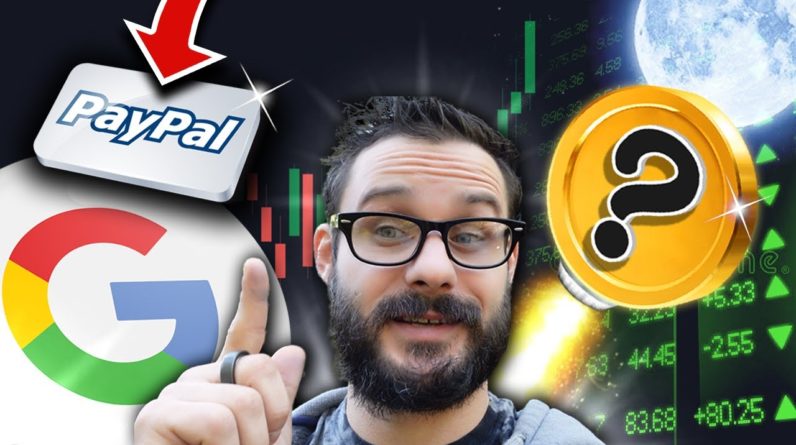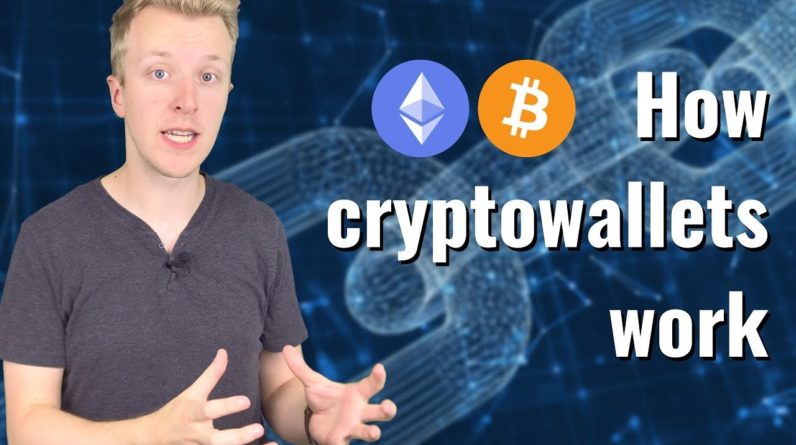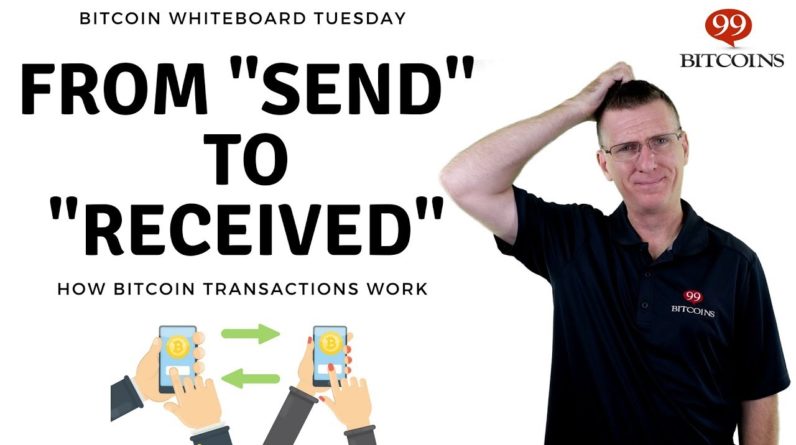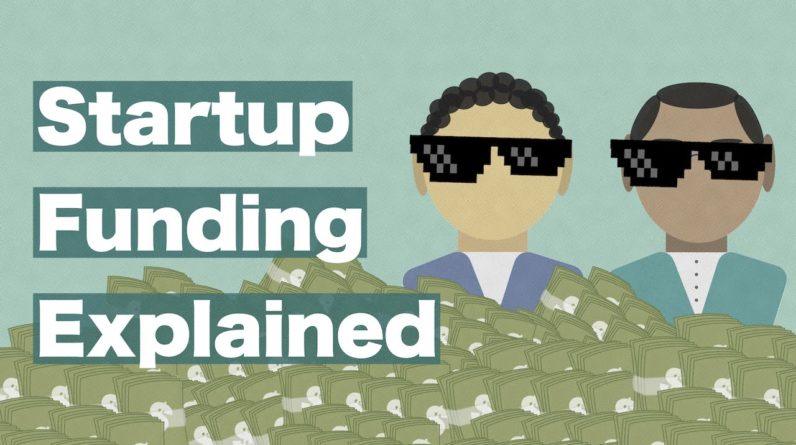
It all starts with a vision Project Product Service No one has done it before Amazing Painfully obvious Can you do it? Perhaps. Your friends are excited Create a brand Create a name It's all games and banter Come up with the concept Things get serious You decide to make it a company. You need a structure Legal Structure How much will this cost you? In the US, incorporating a company in the states will cost you between 25 and several thousand dollars. Part of the money goes to a registration fee that depends on your location Legal fees that depend on how much you want to embellish your first agreement Your company turns out to be expensive Also, you will need to rent a server and a place to put the product Therefore, you have to borrow money from other people. Your venture is still in its infancy. Who is going to give you their money anyway? You will get them from parents, friends or through crowdsourcing from strangers. Usually, a newly created company issues about 100,000 shares, which represent equal pieces of ownership.
You get to decide who gets how much of them. You agree to split 40% to each founder and 20% to the rich family friend who buys them for $50k. This is called investment, and at such an early stage of your startup it is called "SEED Investment". The money he pays now becomes the property of the company. If it fails in the near future, which is a statistically almost certain scenario, he probably won't see a cent of them again. $50K for 20% of the company makes your enterprise worth $250,000, which values your 40% at $100K.
Not bad. Please sign here, here and here. Congratulations, you have founded your company and completed your first round of investment. A year has passed. You've had a successful trial with your customers. It's time to hire more staff and rent not just a co-op, but some office space. $50k only got you so far. It's time to collect your first big round of cash. You will do it in the so-called Series A Investment Round. You are looking for a million dollar investment. This time you are contacting angel investors and venture capital funds, aka VCs for short. VCs are people who work for venture capital firms that raise , venture capital funds. They take money from other people and invest it in new risky projects similar to yours. Angel investors are people who professionally invest their own capital in young companies. Often they are ex-entrepreneurs who successfully sold their own company years ago AND are currently looking for startups to help.
Several angels and VCs have already been contacted. Some you found on the Internet, others through acquaintances and colleagues. You start sending emails. You send them a business plan. They usually don't care much about your business plan. The team is important to them. Is he competent? The idea – is it special? They know it's not easy for you. What have you achieved so far? Is it promising? What more could you have achieved? Do you set big goals? You have several Skype conversations. A little general talk, a lot of business talk. Explain your idea? Piece of cake. You've done it many times by now. They ask you hard things like have you heard of this other startup similar to yours. How are you different? You're grabbing their interest.
You get a second call. Third call. You meet in person. They might as well invest. It's time to talk about company valuation. There are 2 types of valuations – Before and after the money from the investment. The Pre-Money company rating is how you rate it right now. The Post-Money valuation is the sum of the Pre-Money valuation + the investment you want to take. This is the one you usually mention while negotiating. Because the investment divided by the post-investment value equals the investors' shares in your startup. Investors generally aim for a lower After-Money valuation in order to get a higher return. You want the opposite. A high score to keep a large share. You offer an "after-the-money" valuation of $8 million. For the Investor who gave 1 million, he gets 12.5% of the share . After a few weeks, you see 2 offers on your desk. A VC offers to invest 1 million at a post-money valuation of $6 million. The angel you spoke with offers you to invest 500k at an after-the-money valuation of 5 million. At first glance, the venture capitalist's offer looks like the better deal, but the angel has much better connections in the industry. This is called: "Smart Money".
What are you doing? You decide to take advantage of both. You tell the angel that there is another offer at a valuation of 6 million, but that you would be very happy for her to be part of the team. She agrees to invest at a valuation of 6 million "after-the-money". Cool. How many pieces is the cake cut into then? Let's do the math. Together, the VC and the angel will invest a total of 1.5 million in your business, with a valuation of 6 million after the money. This means that in total they will own 25% of the company. You, your co-founder and your family friend owned 100% of the company together. When the new investors come you will be "diluted".
After this new investment, your share will become 75% of the company. This "dilution" is proportional. Now you think that you own a smaller number of shares, but this is not exactly the case. Here's how this works. Just as the company issued the first 100,000 shares when you created it, now with the arrival of new investors you will issue new shares for them to buy. A company can create shares like a central bank prints money. Only the total number changes, and your number remains the same. How many shares does the company issue? If 100,000 shares are now equal to only 75% of the company, that means 100% of the company would now be the equivalent of 133,000 shares. Investors therefore receive 33,000 newly issued shares for their investment. After putting in a total of 1.5 million for their shares, each single share will now be worth $45.
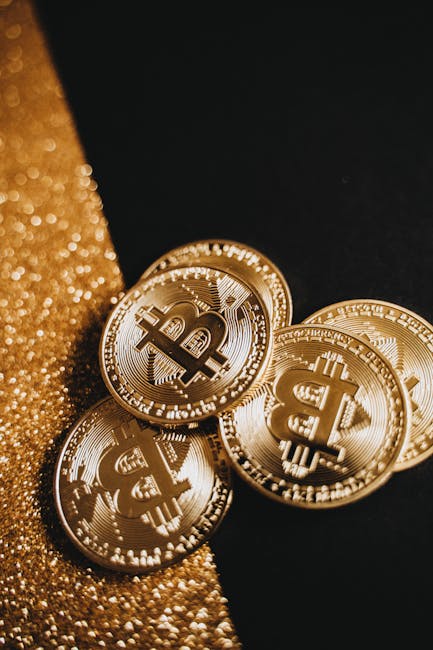
Your 40,000 shares are now worth 1.8 million. Congratulations! This whole process of issuing shares by the company to get cash is called Raising Capital. If things go well, Series A won't be your startup's last capital raise. There will be Series B, C, D, etc. With each successive series of investments, the value of your company is likely to increase. Also, with each subsequent investment you will "dilute" more and more. Remember when I told you that your share count remains the same? I lied. Over time, there will usually be a stock split, which converts each one share into more shares. From here, your number of shares doubles, triples from time to time, along with everyone else's shares. The purpose of this and many other things that are set out in the preliminary agreement is a whole other story for another time.
You don't really care that much about legal work anyway. Your main goal is to grow your business, which is about to conquer new heights. It's been 6 years since you founded your company. You have successfully completed 4 investment series since then. Your product is already in the market and..can you imagine… customers love it. You enjoy great success. Big blogs write about you. The most important thing is that for the first time in the last quarter you are not at a loss. Your business is profitable. It's time for the "coming out". "Exiting" the company is a term that investors use when they sell their shares. Everyone who invested cash in you from the beginning dreamed of the big profit. The earlier they invested, the greater risk they took and accordingly, they will receive a greater profit if the company succeeds in developing.
There are usually 2 ways to "exit" a company. One is to sell your company to one of the industry giants. And the other is to offer it on the stock exchange. If you sell to a large company, Investors will usually sell all their shares at once. However, you and your colleagues usually don't. Whoever decides to buy you will want you to stay motivated to run the entire enterprise. Eventually, your shares will be transformed into those of the company that bought you. And then, they will be released to you gradually over time. This is called "Booking" the shares.
If you leave early or fail to meet any requirements you agreed to, you will not receive all of your shares. The much better way to exit is to grow to the point where you can sell your company on the stock exchange. This process is called an initial public offering, or IPO for short. "What is an IPO? I still don't know what an IPO is" Don't trust Martin Scorsese. It's very simple. In essence, it is just another type of capital raising.
Here again your company issues new shares with this difference that this time the investor is neither an angel nor a VC, but the public. The day you go public, your company issues a certain number of shares on the market, and from there people can buy and sell them to each other. In addition, you own marketable securities that are almost as good as cash. Their price varies every day. You can sell your shares on the stock market at the market price whenever you want, except for the so-called IPO "locked periods" which are a topic for another lecture. You launch the stock at a starting price of $64 and go up to $70 on the first day of trading. Due to stock splits along the way, you now have 10 million shares of your company. Your personal wealth is over $700 million. You could cache them, but do you really want to? It seems like it was only yesterday that you two only had one dream. Now you are one in a million. You have achieved much and yet have countless things to do. Although investors call it an "exit," for many entrepreneurs it's just the beginning.
Subtitles from the Amara.org community.


